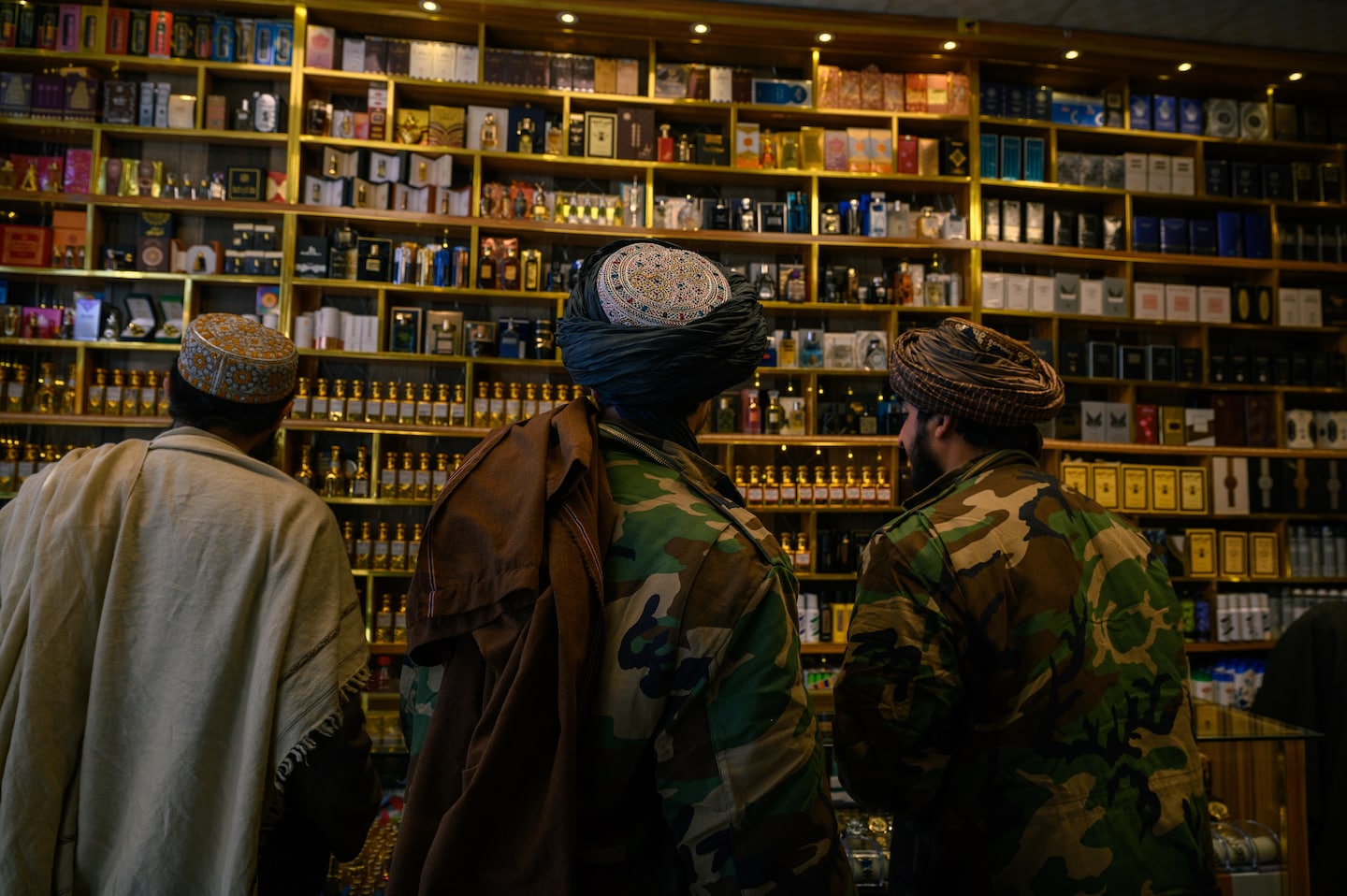KABUL — Over two years following the Taliban’s swift takeover of the Afghan capital, embracing urban life has become a notable trend among the fighters who once vowed to rid the country of Western influences.
Weekends now see some Taliban members frequenting theme parks, watching cricket matches on outdoor screens, and engaging in social media activities like posting skyline selfies and reading self-help books from the West. The bustling English schools in Kabul now witness a mix of Taliban soldiers and civilians in camouflage attire, displaying a keen interest in pursuing education opportunities abroad.
As Kabul undergoes transformation under Taliban rule, observers speculate whether the city’s influence is reshaping the fighters themselves.
Abdulrahman Rahmani, a former Taliban combatant involved in both the 1996 and 2021 captures of Kabul, reflected on the changes while visiting the zoo. He noted a shift in some Taliban fighters who now regret the educational opportunities they sacrificed for the armed struggle. Rahmani recounted a conversation with a fellow soldier lamenting the decision to forgo schooling, expressing a desire to be in an office setting if they had pursued education.
Despite these glimpses of urban adaptation, there is no indication of a softening stance on the Taliban’s oppressive policies, particularly concerning women’s rights. While some fighters find urban life daunting, viewing it as isolating and less religious than anticipated, others, like Abdul Mobin Mansor, acknowledge the allure of modern amenities like internet access and high-definition television series.
The evolving preferences of Taliban members, from a preference for rural life to an appreciation for urban conveniences, hint at a complex adaptation process. While some envision a future where Kabul rivals the commercial appeal of Dubai, others like Zabihullah Misbah and Ahmadzai Fatih remain rooted in the simplicity and spiritual connectedness of village life, finding solace in prayer and tight-knit communities.
As Kabul grapples with congestion, pollution, and soaring living costs, the realities of city living prompt introspection among the Taliban soldiers. While some find comfort in newfound opportunities for education and technological advancement, others long for the tranquility of rural settings, highlighting the internal struggle between tradition and modernity within the Taliban ranks.
The juxtaposition of traditional values and urban influences is palpable in Kabul, where glimpses of moderation among former fighters coexist with the Taliban’s stringent enforcement of conservative norms, especially concerning women’s rights. While some hope for a more moderate Taliban, the stark reality of repressive measures against women underscores the challenging road ahead for gender equality in Afghanistan.
Despite ambitious reconstruction plans and aspirations for a glitzy “New City,” the Taliban’s commitment to traditional values, coupled with donor withdrawals and limited private investments, pose significant hurdles to achieving a harmonious blend of modernity and conservatism in postwar Afghanistan. The journey towards urban transformation and societal evolution in Kabul remains fraught with complexities and uncertainties, reflecting the intricate interplay between tradition, progress, and cultural adaptation.
